Chiefs Regain Police Powers in Kenyan Security Overhaul
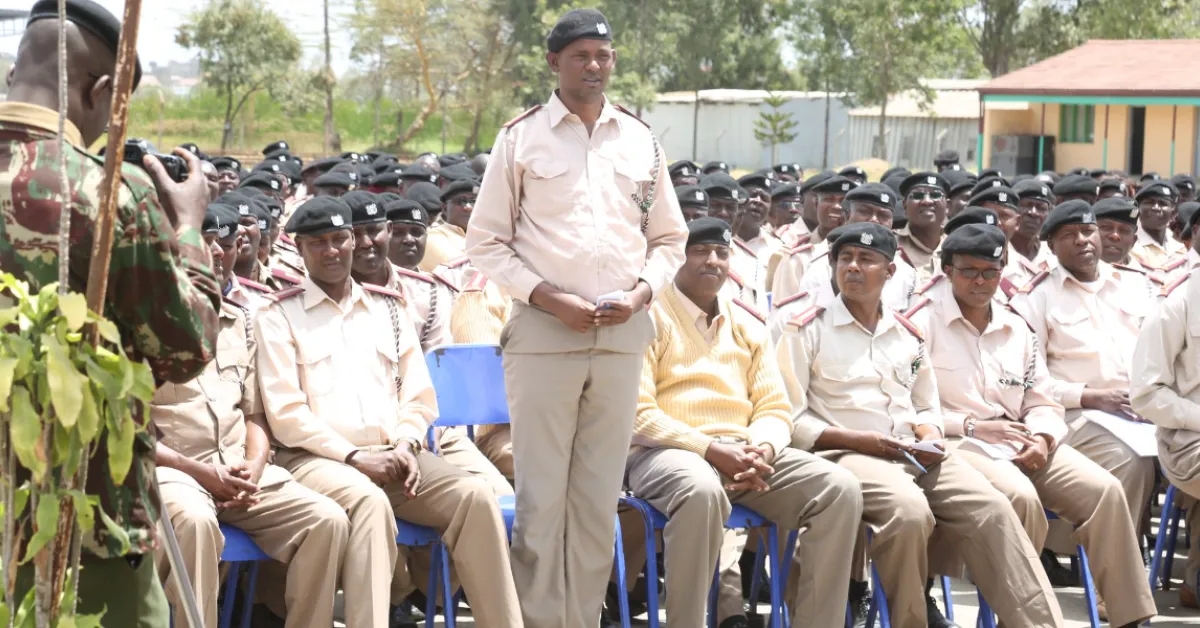
President William Ruto has reinstated direct oversight of police officers by local chiefs and their superiors.
This decision addresses concerns stemming from the 2018 transfer of 24,000 Administration Police (AP) officers to general duties, which diminished the chiefs' efficacy in law enforcement and security management within their areas. In response to this challenge, the government has launched the National Government Administration Police Unit (Ngapu), aimed at reviving the authority traditionally held by chiefs during the tenure of former President Daniel Moi.
The Ngapu will encompass various ranks within the National Government Administration Officers (Ngaos), such as assistant chiefs, chiefs, assistant county commissioners, deputy county commissioners, and county commissioners, as delineated in the National Government Coordination Act. The announcement was made during a launch event in Diani, Kwale County, attended by key security figures, including Interior Cabinet Secretary Kipchumba Murkomen, Interior Principal Secretary Raymond Omollo, Inspector General of Police Douglas Kanja, and Independent Policing Oversight Authority Chairman Issack Hassan.
The creation of the Ngapu aligns with the authority granted to the Inspector-General of Police under the National Police Service Act. The implementation strategy for the Ngapu involves an initial deployment of 6,000 officers from the Administration Police, accompanied by the development of standard operating procedures, reorientation, and retraining for the involved personnel. In subsequent phases, an additional 13,000 officers will be recruited in stages, leading to a total strength of 19,000 in the unit.
The most substantial need for officers will be in the Rift Valley, which requires 4,980 officers, Eastern with 4,060 officers and Nyanza with 2,720 officers. The new unit, which will have its headquarters in Nairobi, will be overseen by the Deputy Inspector General. The National Government Administration Police Unit Commandant will direct operations within the existing AP framework.
Murkomen remarks that the Ngapu is designed to enhance service delivery and bolster government agency efforts in maintaining law and order, resolving conflicts, and combating illicit alcohol trade. He also notes the ongoing issue of politicians leveraging criminal gangs to further their ambitions, commending the Administration Police for their role in tackling banditry in the North Rift.
Omollo emphasizes the collaborative approach that will see AP officers working closely with chiefs to manage local conflicts more effectively. Meanwhile, Hassan assures the public that the new unit would not lead to the excessive concentration of power seen in the early 2000s, with measures in place to ensure accountability.


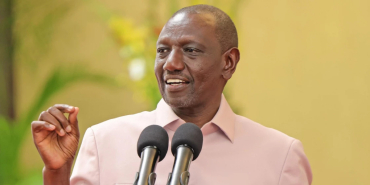
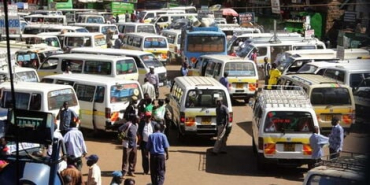
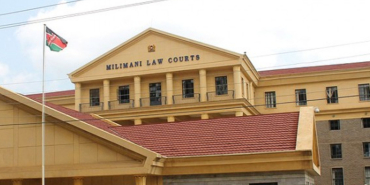

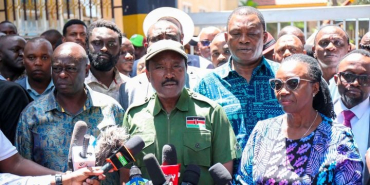


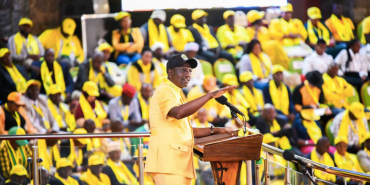




Add new comment